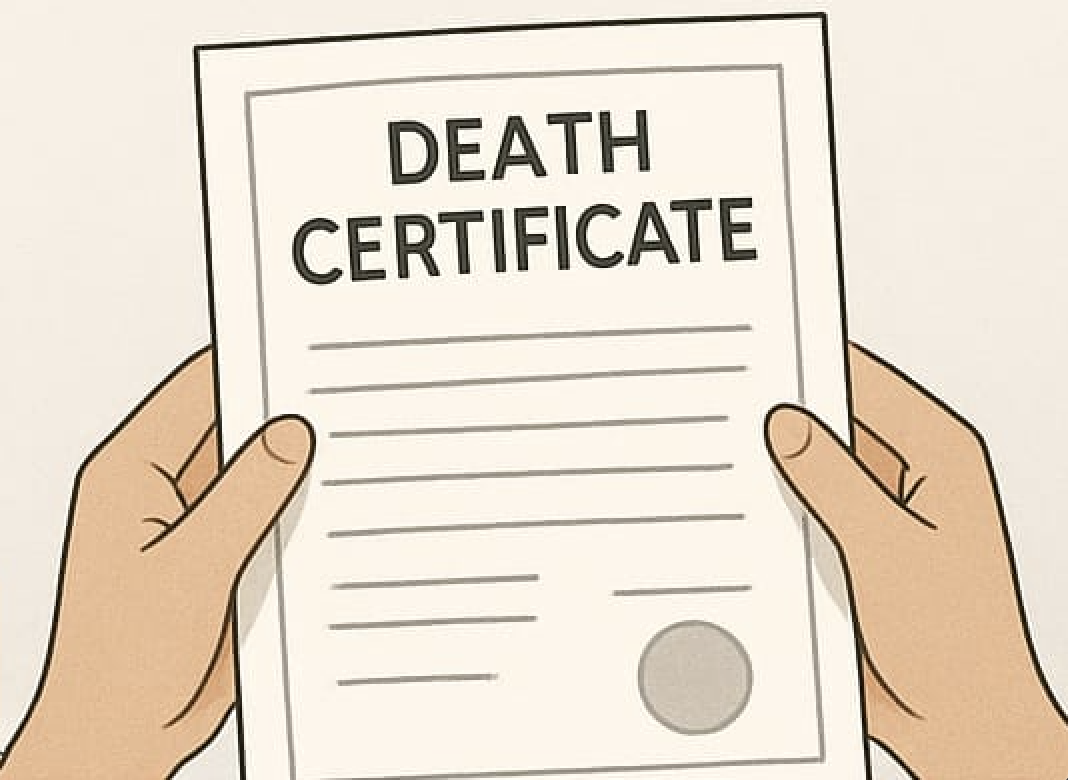Getting burial permits
A burial permit is required for lawful interment and helps prevent illegal burials and disputes. This guide explains when and how to obtain burial permits, fees, and practical tips.
What is a burial permit
- A burial permit (or burial order) is an official document from the county or cemetery manager authorising interment in a specific grave or cemetery. It ensures legal compliance and proper record‑keeping.
When you need one
- Required for all burials within county or municipal cemeteries and often for private burial grounds. Also necessary for burials on private land in some counties—check local regulations.
Documents typically required
- Certified death certificate or medical certificate of cause of death.
- Deceased’s identification (national ID or passport) and the next of kin’s ID.
- Proof of ownership or consent if burying on private land (title deed or written consent from landowner).
- Completed application/form from the county office or cemetery manager.
Where to apply
- County government office: Most counties require application at the county headquarters or at the local sub‑county registry.
- Cemetery office or manager: For private cemeteries, apply directly to the cemetery management.
- Hospitals and funeral homes: They often assist with permits and liaise with county offices on behalf of families.
Typical fees and timelines
- Fees vary by county and cemetery; some counties charge nominal fees while others set higher rates. For urgent burials, inform authorities—counties often process permits within 24–72 hours for natural deaths with complete paperwork. Post‑mortem or police investigations will delay permits.
Burial on private land
- If burying on private property, obtain written permission and check county rules—some counties require a permit and a site inspection to ensure public health and environmental safety (distance from water sources, soil suitability).
Common issues and solutions
- Missing death certificate: Obtain it from the county registrar or hospital as soon as possible.
- Disputes over burial site: Seek mediation from village elders, church leaders or county officials before proceeding.
- Delays from post‑mortem: Keep communication with police and mortuary; obtain documentation that explains delays for administrative tasks.
Practical checklist
- Obtain certified death certificate.
- Gather IDs and land consent/title deed (if private land).
- Visit county office or cemetery manager to apply.
- Pay fees and collect the burial permit.
- Keep copies of the permit for estate and insurance claims.
Where to get help
- County registrars, cemetery managers, funeral directors, hospital administration, and local chiefs/elders.
Securing the correct burial permit early avoids legal complications, reduces stress for the family and ensures the burial proceeds lawfully and respectfully.




